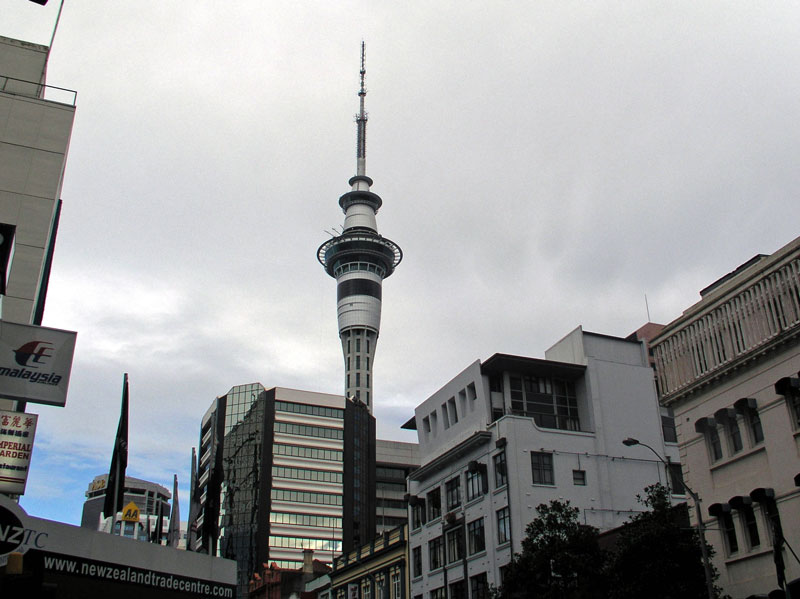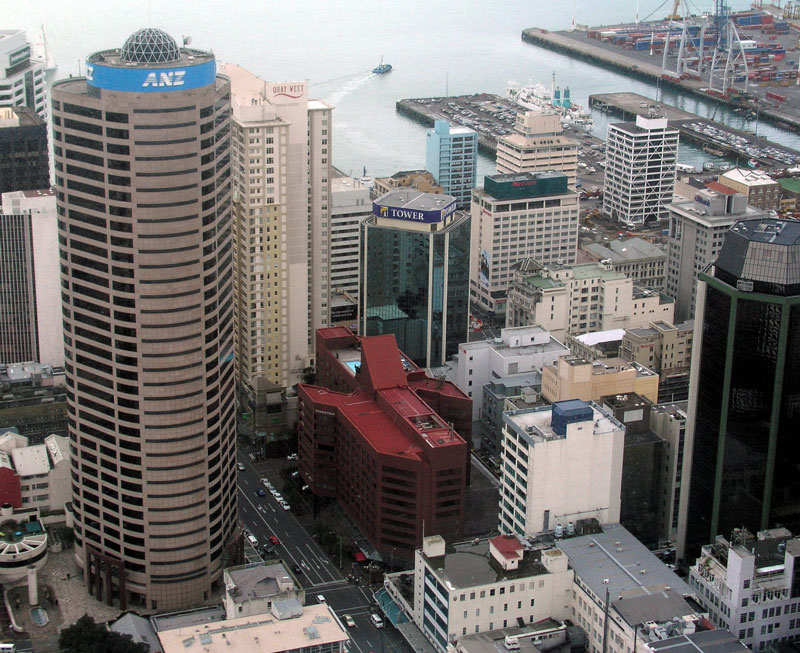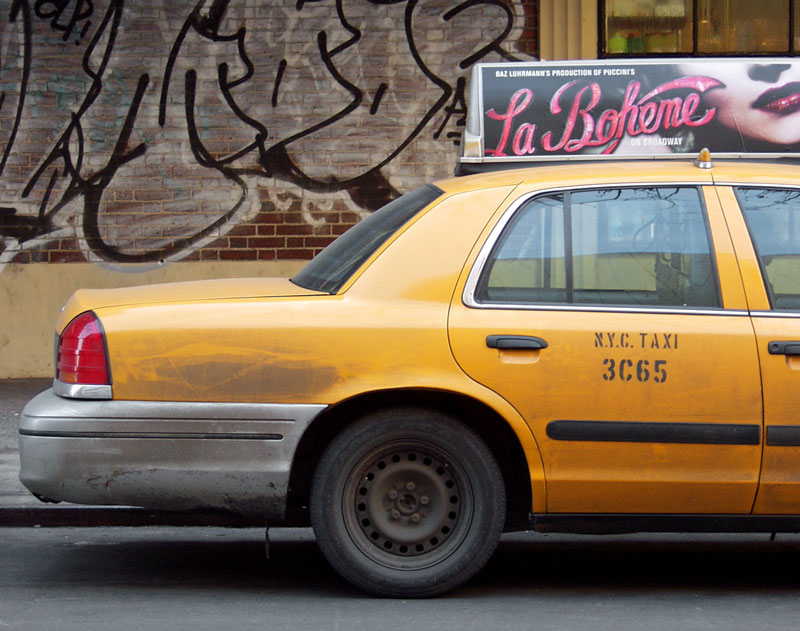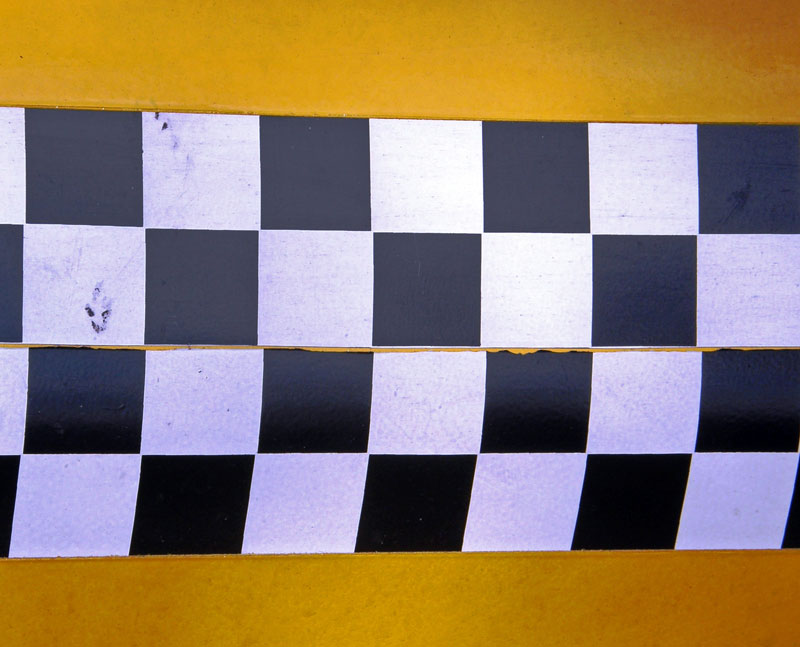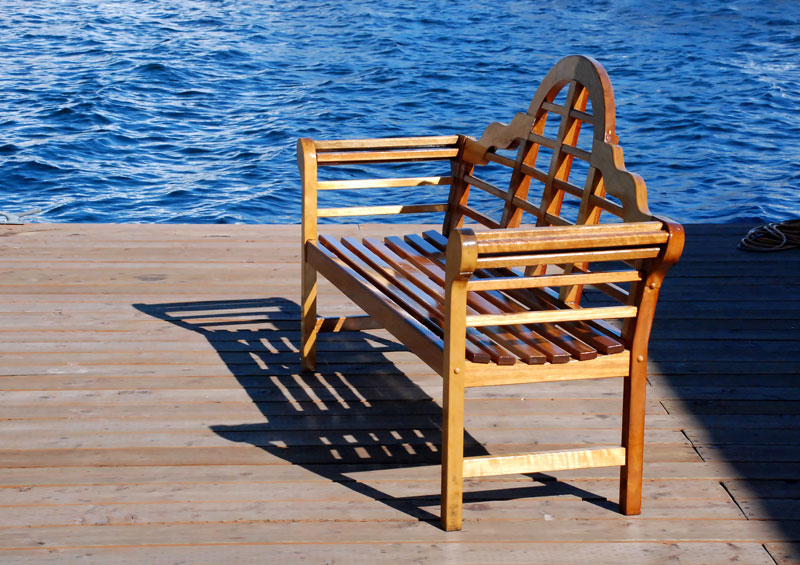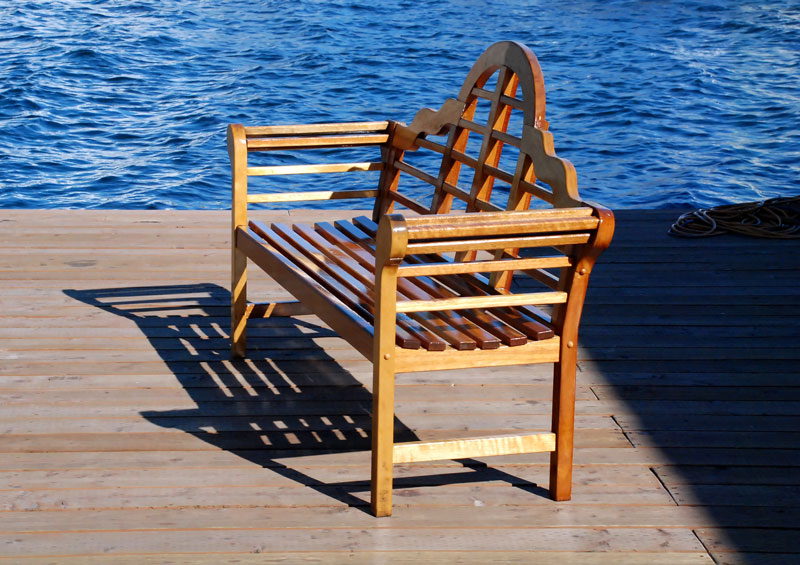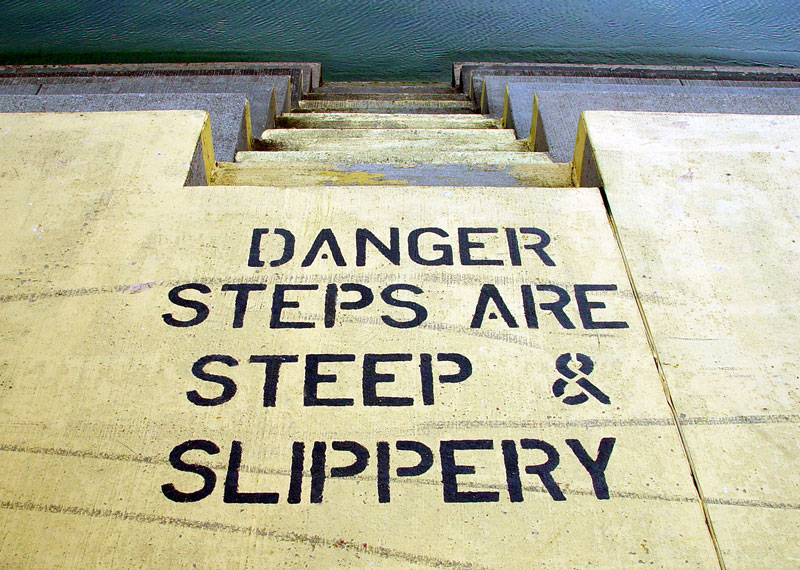Denver Patent Office Opens
Denver Patent Office Open For Business Denver, Colorado now supports a permanent United States Patent and Trademark Denver Satellite Office. Denver, which has a large population of patent attorneys, allows the USPTO the ability to retain Examiners locally. Denver offers a high quality of life, which differs from the life style of the Washington, D.C. area. Denver is a very sought after location and may provide a location to steel talent away from Silicon Valley. The Denver Satellite Office is estimated to create one hundred thirty Patent positions, from Patent Examiners to Patent Judges with Patent Trial and Appeal Board. With this office, the USPTO has now expanded into the Mountain Time Zone. The goal of the Patent Office is to support offices in every time zone. While the USPTO does not have plans for a Fort Lauderdale Patent Office presently, it would make sense for the USPTO to consider a South Florida location due to the amount of innovation taking place. It is believed that opening offices across the United States will help spur innovation through startups and enterprises, as well as creating high-paying jobs. Denver’s Deputy Under Secretary of Commerce for IP and USPTO Deputy Directory Michelle K. Lee delivered opening remarks on June 30, 2014. She stated her commitment to creating incentives to innovate, creating tools to produce and product creative ideas, and balancing risks of developing new technologies. Deputy Director Lee rightly recognizes the advantages that U.S. companies have obtained by providing innovators with protection for their ideas. Most importantly, the Satellite office is intended to reduce the backlog of patents that have jammed up the USPTO headquarters. Any inventor or Patent Attorney will tell you that the backlog is years [...]





